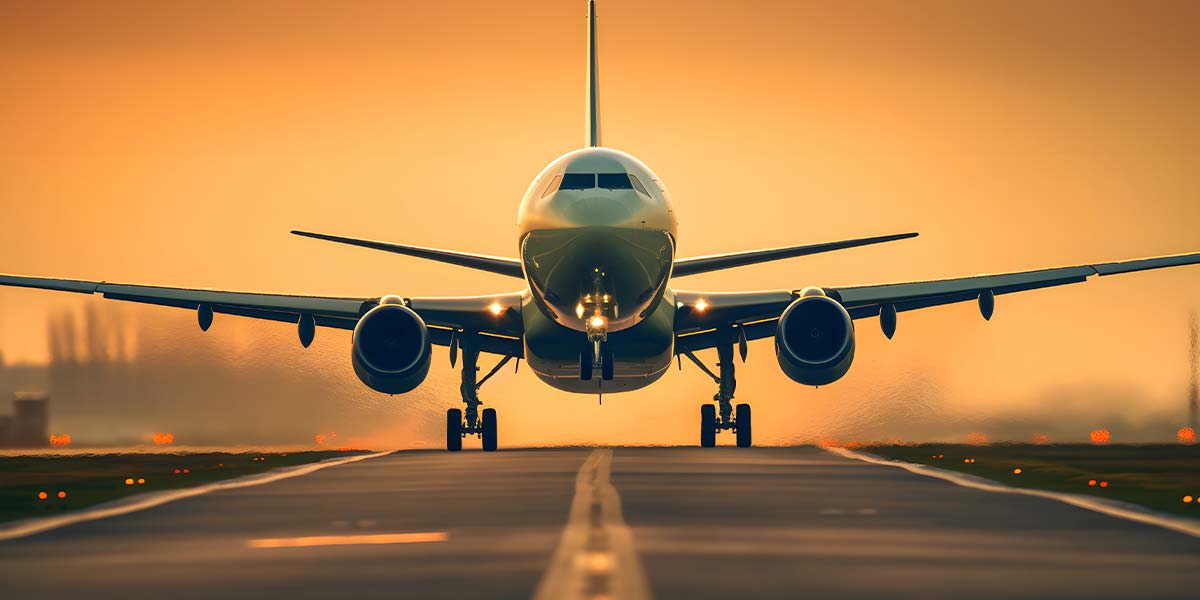Mr. Suriya Juangroongruangkit, Thailand’s Deputy Prime Minister and Minister of Transport, revealed that to follow the policy of improving the nation into becoming an aviation hub according to the government’s strategy, the administration is stimulating Thailand to open a direct flight to the U.S. for the first time in 10 years.
This development can further expand the opportunity in economy, trade, investment, and tourism following April 22, when the Federal Aviation Administration (FAA) promoted Thailand to Category 1 (CAT1), the status for countries with aviation standards that reach the international level.
To align with the government’s policy and strategy, the Civil Aviation Authority of Thailand (CAAT) has been tasked with negotiating with essential agencies in the U.S., both federal and private sector, such as the Transportation Security Administration (TSA) and FAA.
So far, the CAAT reported that it has discussed with executives from main U.S. airports, such as Salt Lake City International Airport and Boston Logan International Airport, to study the possibility of opening a direct flight between Thailand and the U.S.
CAAT also discussed the collaboration guideline for approving Foreign Air Operator Permission (FAOP) for U.S. airlines that plan to open service in Thailand. The agency has also been in deep negotiations with United Airlines, which has shown great interest in operating a direct flight, especially on the Bangkok and Los Angeles routes.
Mr. Suriya added that CAAT has also been tasked to prepare standards for security and service, flight rounds, and study guidelines for setting up an advanced immigration system in Thai airports to provide convenience and speed for those traveling to the U.S.
Furthermore, the agency was also prepared to be examined in the aspect of security management by the International Civil Aviation Organization (ICAO), which is scheduled for this August.
The Universal Safety Oversight Audit Programme assesses whether Thailand has implemented key elements of the safety supervision system efficiently. Its result will be in the form of Effective Implementation (EI Score).
Regarding the effort in the restoration of Thailand’s rating to CAT1, CAAT successfully implemented a corrective action plan to address the 36 findings identified by the FAA during its inspection in November 2024. The agencies collaborated with all relevant aviation agencies to resolve the issues. Following a final discussion with the FAA from March 10 to 12, 2025, all findings were officially closed, resulting in zero open findings.
Mr. Chai Eamsiri, Chief Executive Officer of Thai Airways International Company (SET: THAI), stated that after the FAA promoted Thailand’s aviation from CAT2 to CAT1, many are wondering whether THAI will have an opportunity to open a direct flight service to the U.S. after being canceled years ago.
THAI currently has a flight to the U.S. but not directly as it is using codeshare agreements with partner airlines. The passenger will transfer in cities like Taipei, Tokyo, or Vancouver before boarding the partner airline to the west coast cities in the U.S. such as San Francisco, Los Angeles, or Vancouver in Canada.
In 2005, THAI opened a direct flight to New York and Los Angeles, using a series of Airbus A340. However, they were both canceled later, with the New York route being terminated in 2008, while the Los Angeles route was terminated in 2015 due to the continued loss in revenue from the long distance and fierce competition.
The distance to New York is about 14,000 kilometers and requires a 17-hour flight. The cost of this service is very expensive.





